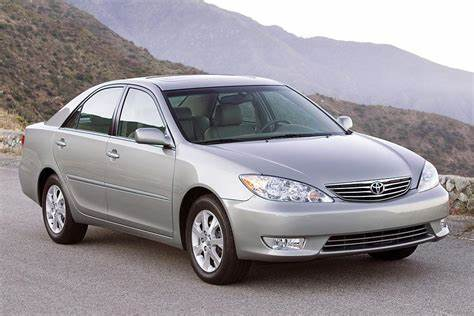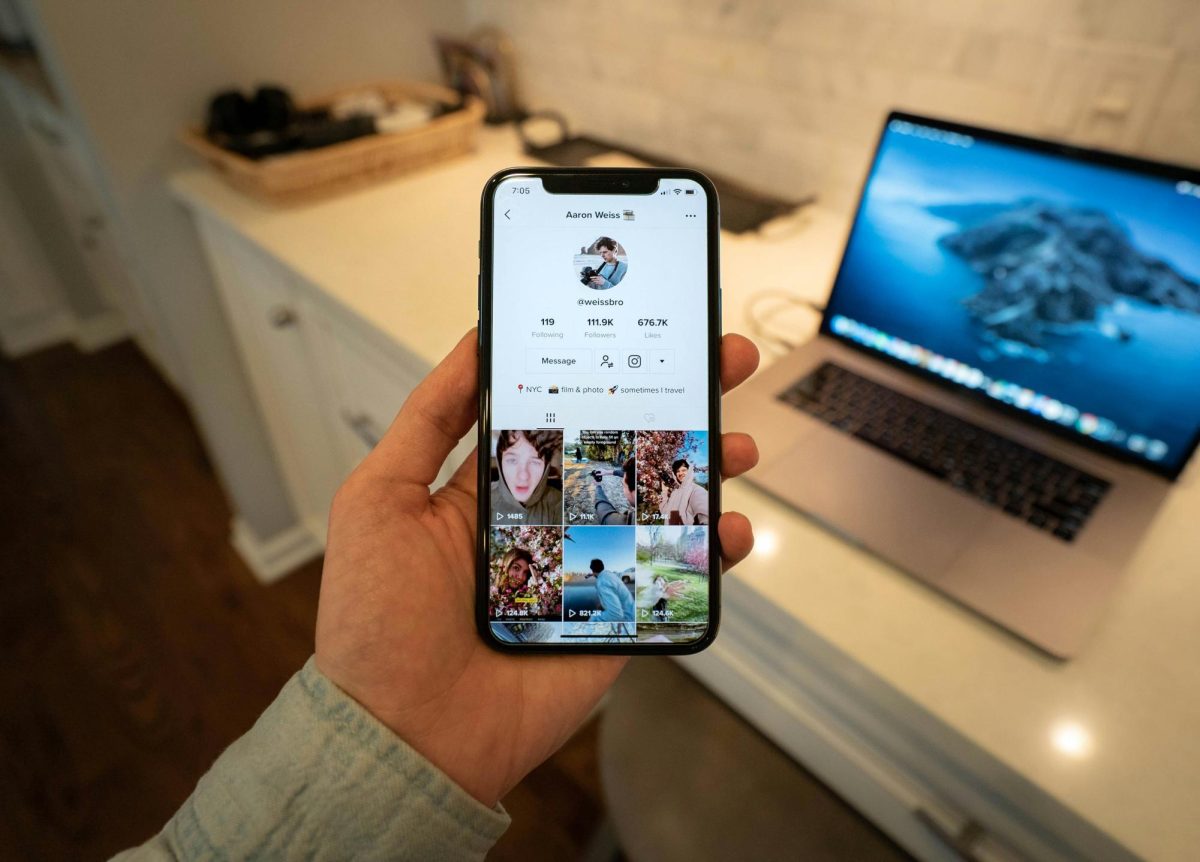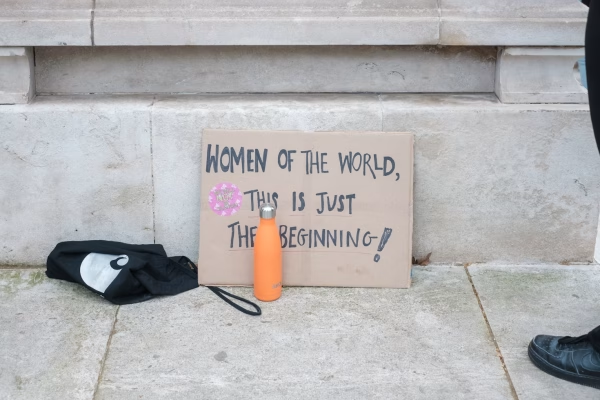Twitter-Talk

From retweets to likes to comments, the age of social media flourishes in the all-encompassing technology boom; digital is no longer just a new way for communication or keeping in touch with former contacts – it has become a culture in and of itself. Especially prominent in this era, Twitter rises to 70.21 million monthly users (as reported by a data collection done by Statista in July 2018), and many are vaguely familiar with all the bits and bobs of the site, even if they themselves are not users. Therefore, when Twitter came forward with a statement about possibly removing the “like” function from their site, most were completely surprised.
On October 29th, Twitter released the following official statement: “As we’ve been saying for a while, we are rethinking everything about the service to ensure we are incentivizing healthy conversation, that includes the like button. We are in the early stages of the work and have no plans to share right now.” The Telegraph also reports that Jack Dorsey, founder of Twitter, stated at a conference that he dislikes the “like” and “plans to get rid of it.”
The reasoning for the new change lies in the rise of debate on Twitter; as open political discussion becomes more commonplace on the platform, those in charge thought the system of liking encouraged lazy communication and opinion-driven popularity contests. “’Likes’ have always been about supporting others, and debating isn’t even the primary focus of Twitter,” says Cass High senior Mallory Hobson. “They also just implemented a feature that shows you commonly “liked” tweets by your followers. It doesn’t make any sense to get rid of something they just basically updated.”
Although perhaps for debating purposes the elimination of the “like” feature could be beneficial, at the end of the day Twitter is a multi-purpose platform that many users use simply for communicating with friends or promoting their art online. Still, nothing is set in stone, and hopefully, the pooled reactions of Twitter users will end in an outcome that is beneficial to all.























